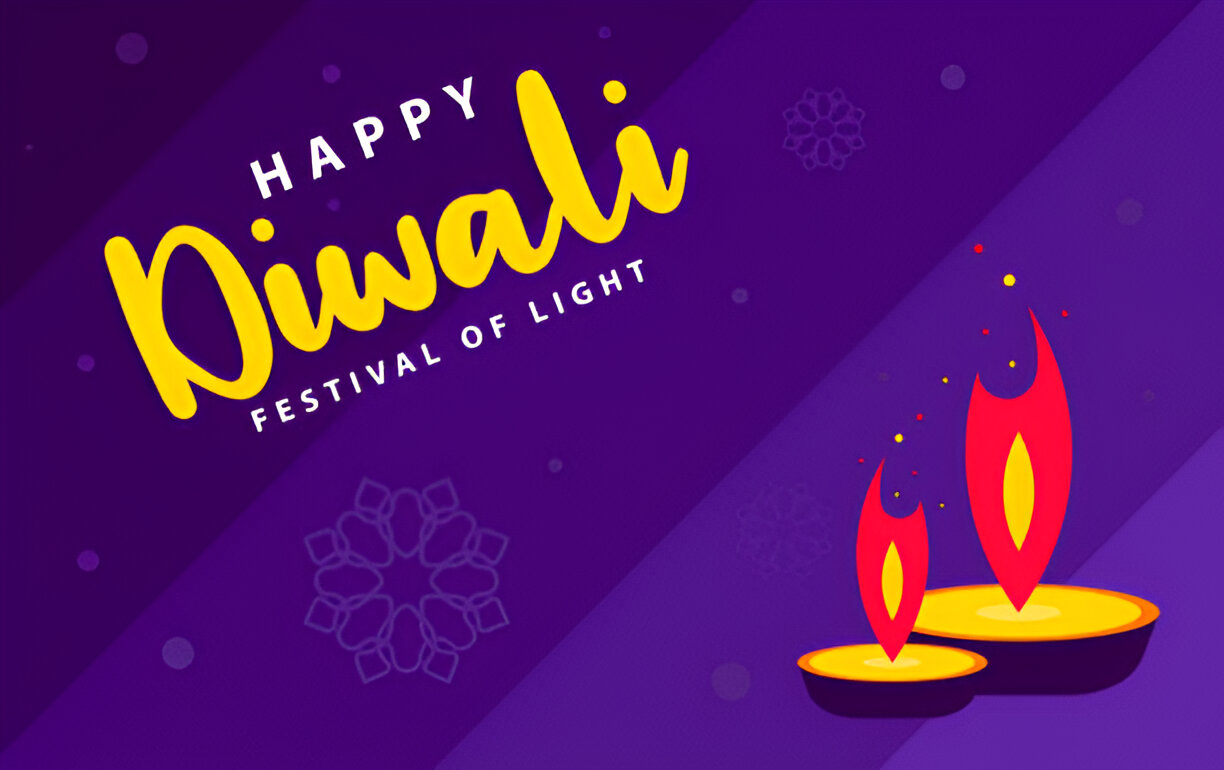The Festival of Lights and Its Timeless Preparation
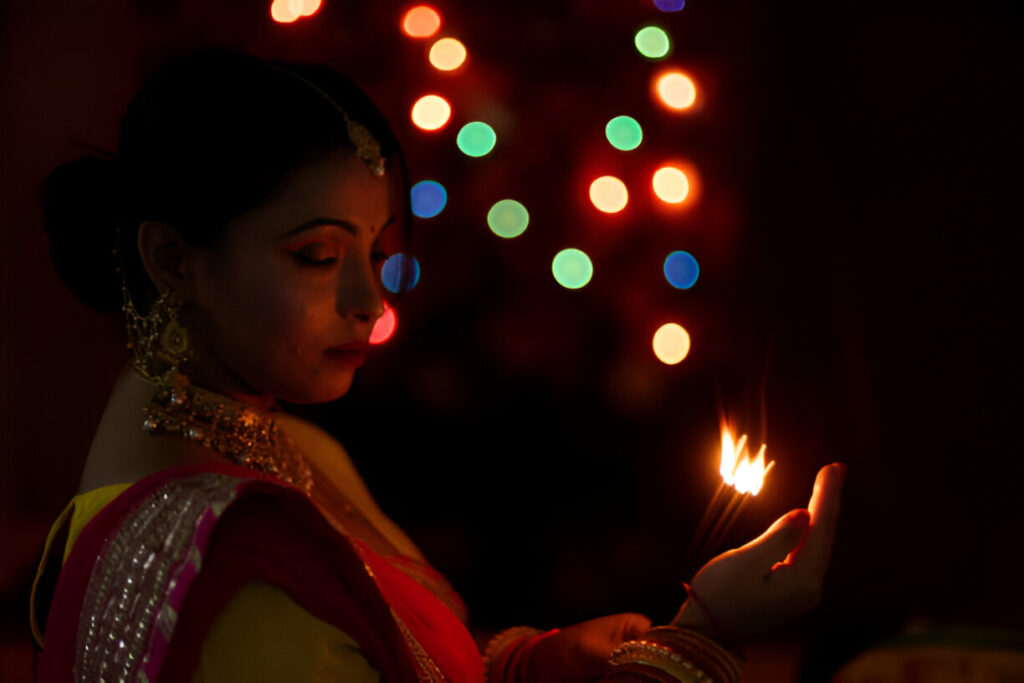
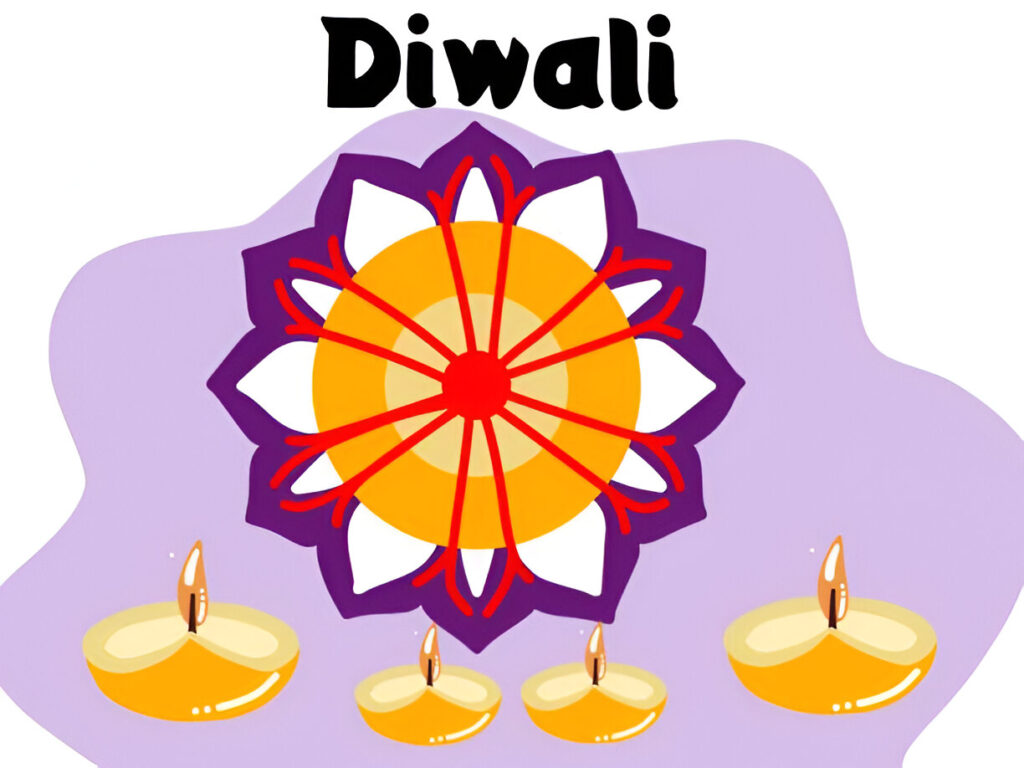
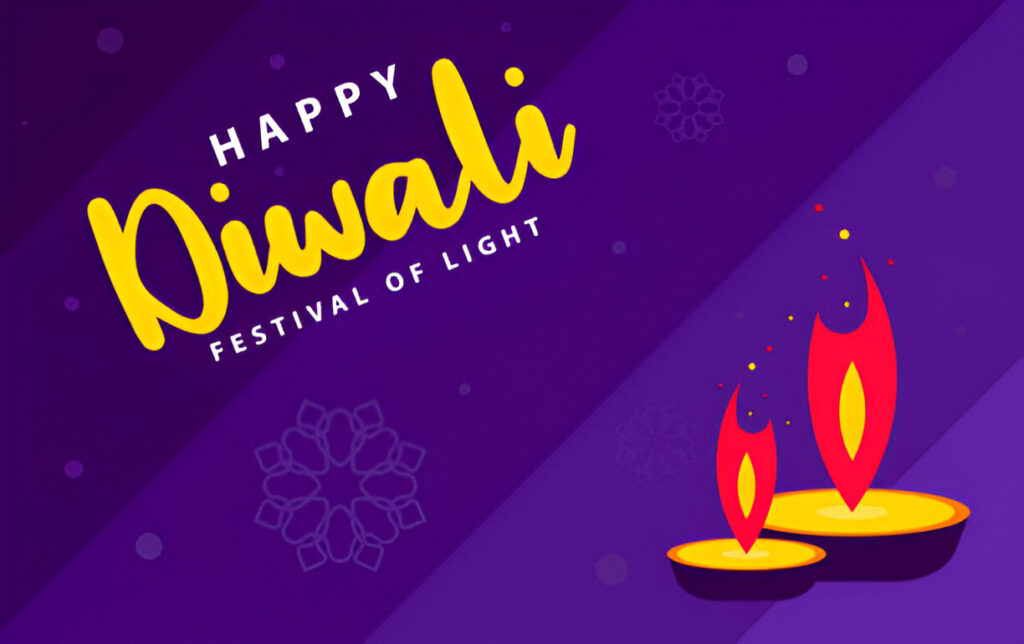
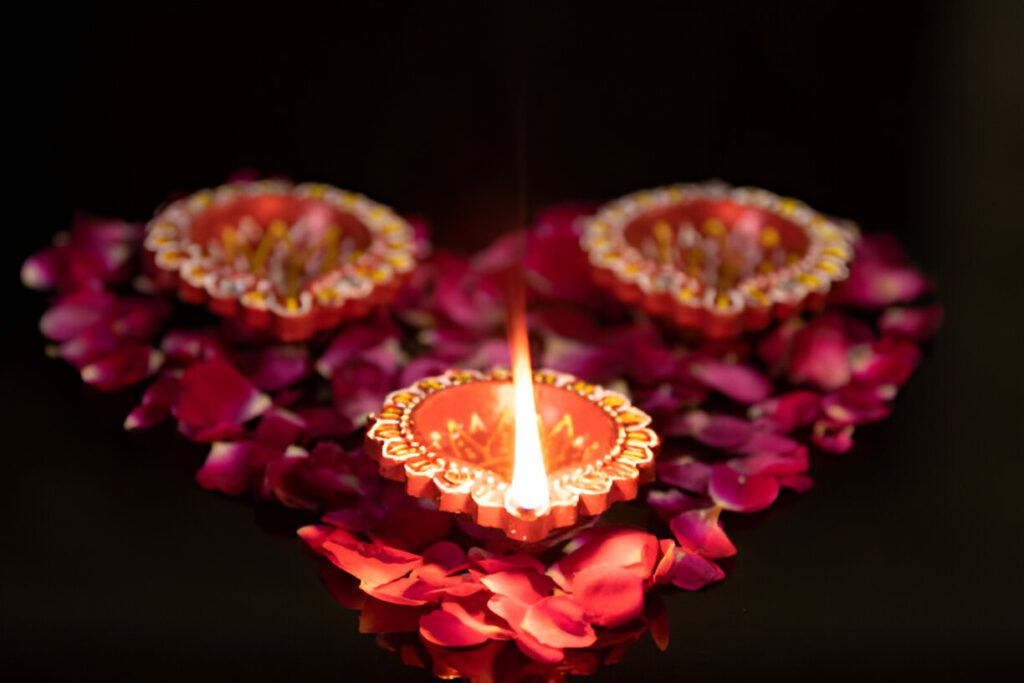
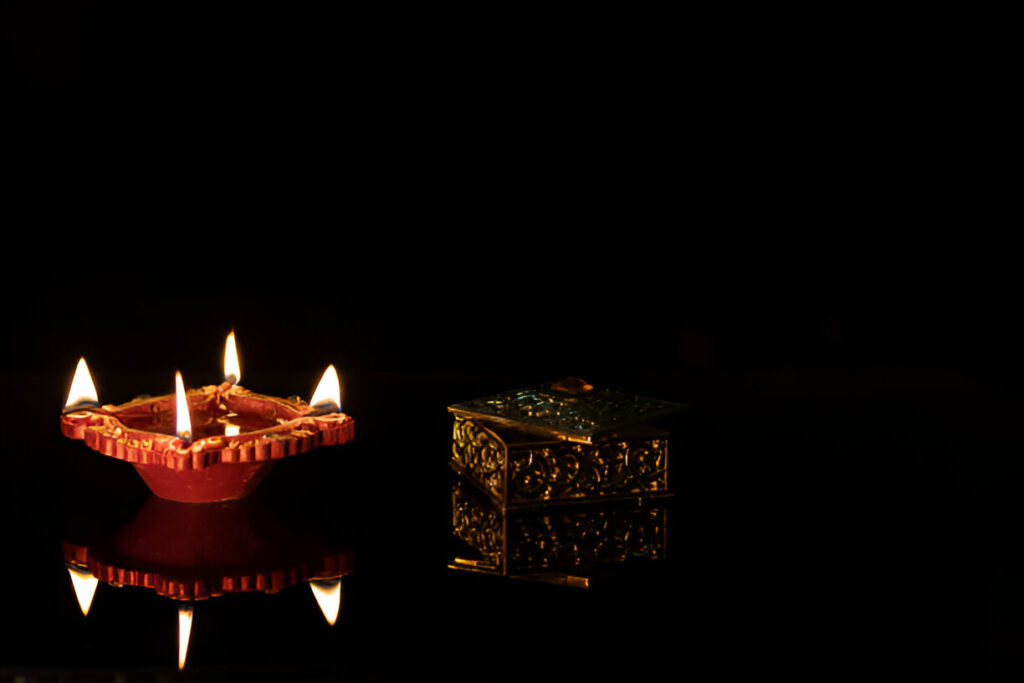
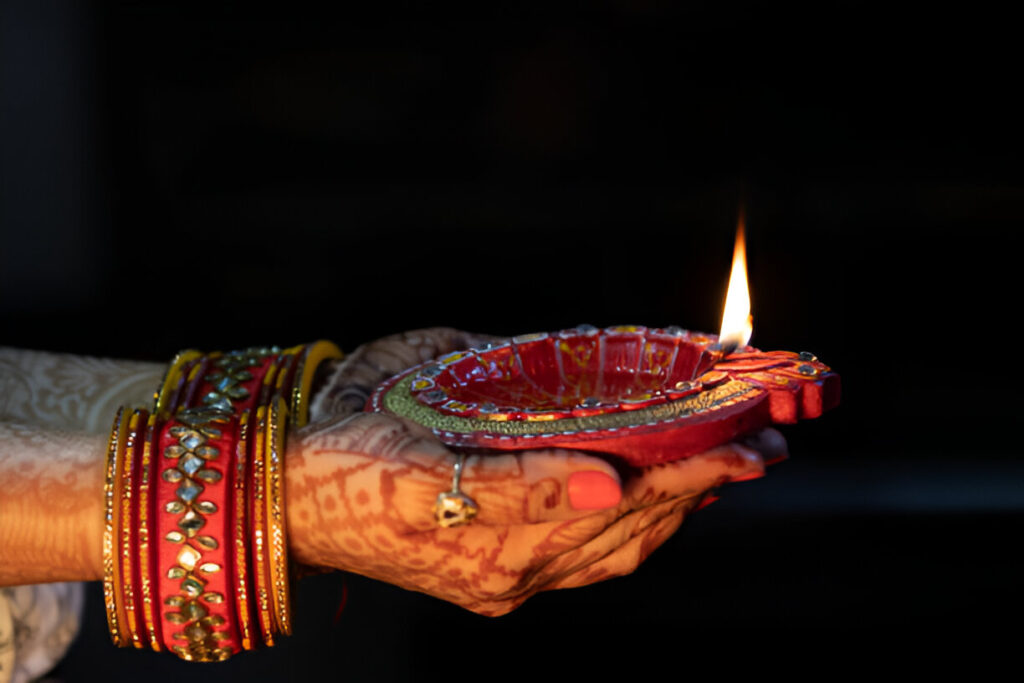
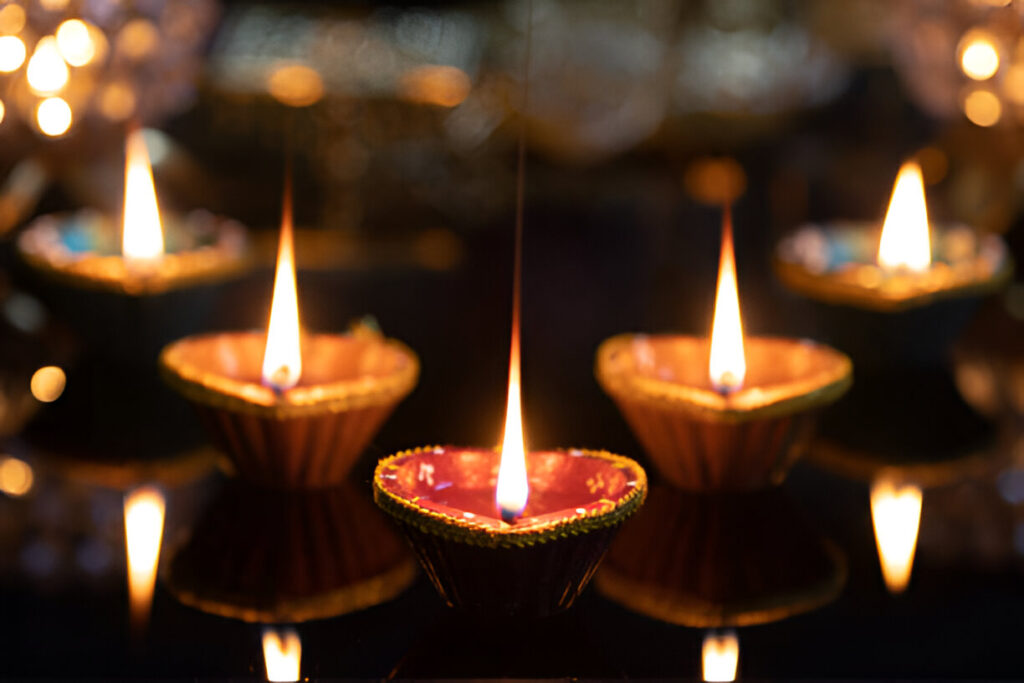
Diwali, also known as Deepawali or Deewalo in different regions of India, is more than just a festival. It is an emotion, a tradition, and a cultural legacy that binds families, communities, and generations together. Known as the Festival of Lights, Diwali symbolizes the triumph of good over evil, light over darkness, and hope over despair.
But the real essence of Diwali lies not just in the celebrations—it lies in the preparations. Days, sometimes weeks, before the actual festival, families across India and abroad begin their rituals of cleaning, decorating, shopping, cooking, and planning gatherings. The preparations themselves become a joyful journey, filled with anticipation, laughter, and togetherness.
This article will explore in detail—step by step—how to prepare for Diwali, weaving together cultural practices, regional variations, modern adaptations, and the emotional heart of this beautiful festival.
Understanding the Meaning of Diwali Preparations

Before diving into practical steps, it is important to understand why Diwali preparation is considered sacred. The festival marks the return of Lord Rama to Ayodhya after defeating Ravana, and the lighting of diyas symbolized welcoming light and hope into every home. For business communities, Diwali also marks the beginning of a new financial year, while in rural India, it coincides with harvest celebrations.
Preparing for Diwali is not just about making a house look beautiful—it is about:
- Purification: Cleaning represents removing negativity from life.
- Renewal: Buying new clothes, utensils, or furniture reflects new beginnings.
- Hospitality: Decorating and cooking show readiness to welcome guests and Goddess Lakshmi.
- Spiritual Connection: Rituals strengthen ties with culture and faith.
Step 1: Cleaning and Decluttering the Home

The very first step in Diwali preparation begins with a thorough cleaning of homes and workplaces. In many households, this is called the Diwali Safai (Diwali cleaning).
Why is Cleaning Important?
It is believed that Goddess Lakshmi, the Goddess of Wealth, visits only clean and pure homes. Cleaning removes negative energy and creates space for positive vibrations.
How to Prepare
- Declutter – Remove broken items, unused clothes, and unnecessary belongings.
- Deep Clean – Dust every corner, wash curtains, clean fans, scrub floors.
- Polish and Repair – Fix broken furniture, polish brass and silver utensils, repaint walls if needed.
- Office Cleaning – Businessmen prepare their shops and offices with equal enthusiasm, believing it attracts prosperity.
This process, though tiring, becomes a family bonding activity, with everyone taking part.
Step 2: Diwali Shopping – New Beginnings

No Diwali preparation is complete without shopping. It is considered auspicious to buy new clothes, gold, silver, utensils, and home items during Diwali.
Traditional Purchases
- New Clothes: Families buy ethnic wear—sarees, kurtas, lehengas, and sherwanis.
- Utensils & Appliances: Steel, brass, or copper items are often bought for rituals.
- Gold & Silver: Seen as symbols of prosperity, especially during Dhanteras.
Modern Trends
Today, online shopping has become a big part of Diwali preparation. From designer outfits to LED string lights, people mix tradition with modern convenience.
Step 3: Decorating the Home

After cleaning and shopping comes the most creative part—Diwali decoration.
Traditional Decorations
- Rangoli: Beautiful patterns made with colored powders, flowers, or rice at the entrance.
- Diyas: Earthen lamps are lit in every corner to invite positivity.
- Torans: Mango leaf and marigold garlands hung at the entrance.
Modern Touches
- Fairy lights, scented candles, theme-based décor (like eco-friendly or metallic themes).
- Fusion of flowers with LED lights for a stylish yet traditional look.
Decorating the house is not just about beauty—it’s about welcoming guests and divine blessings.
Step 4: Preparing Festive Food and Sweets
Food is the heart of Diwali preparations. From traditional sweets to savory snacks, kitchens come alive weeks before Diwali.
Popular Sweets and Snacks
- Ladoos, Barfis, Jalebis, and Gulab Jamun.
- Chivda, Namakpare, Chakli, and Mathri.
- Regional specialties like Shakarpara in North India, Karanji in Maharashtra, and Mysore Pak in the South.
Families exchange sweets with relatives and neighbors, making food a symbol of love and sharing.
Step 5: Rituals and Pooja Preparations
The spiritual core of Diwali lies in Lakshmi Pooja, usually performed on the main Diwali evening.
Preparations Include:
- Altar Setup: Clean and decorate the pooja space with flowers and rangoli.
- Idols & Pictures: Place idols of Goddess Lakshmi and Lord Ganesha.
- Offerings: Include sweets, fruits, dry fruits, betel leaves, coins, and new account books.
- Pooja Essentials: Diyas, incense, kumkum, turmeric, and holy water.
Every region has slight variations, but the essence remains—invoking prosperity, peace, and happiness.
Step 6: Community and Social Preparations

Diwali is also about relationships and social bonding. Preparations include:
- Inviting relatives and friends for Diwali dinners.
- Exchanging gifts like dry fruit boxes, sweets, or personalized hampers.
- Organizing community gatherings, fairs, and cultural programs.
This collective joy strengthens bonds beyond family.
Step 7: Firecrackers and Safety Preparations
For many, especially children, Diwali is incomplete without firecrackers. While environmental concerns are rising, eco-friendly crackers or light shows are now becoming popular.
Preparation Tips
- Buy crackers only from licensed vendors.
- Keep water buckets and first aid ready.
- Encourage children to use sparklers, flowerpots, and anars safely.
Responsible celebration ensures joy without harm.
Step 8: Modern Lifestyle Additions
In modern times, Diwali preparation is not limited to tradition. Many households also:
- Host Diwali card parties.
- Engage in online gifting and e-cards.
- Plan destination Diwali vacations while carrying rituals with them.
This shows how the festival evolves with changing lifestyles.
Emotional and Spiritual Preparation
Beyond cleaning, shopping, and cooking, Diwali preparation is also about inner cleansing. Families resolve disputes, forgive old grudges, and start anew. Spiritually, it is about lighting the inner lamp—removing darkness of doubt and negativity.
The Joy of Preparation is the Festival Itself
The beauty of Diwali lies as much in its preparations as in the celebration itself. From cleaning dusty cupboards to lighting diyas, from buying gifts to cooking traditional sweets, every act is infused with love, faith, and excitement.
When families come together, when homes sparkle with lights, when prayers echo for peace and prosperity—that is when Diwali truly shines. The preparation itself becomes a journey of renewal, reminding us that just like darkness makes way for light, every struggle makes way for hope.
Preparing for Diwali is preparing for life—with joy, gratitude, and togetherness.

